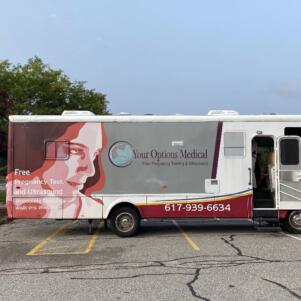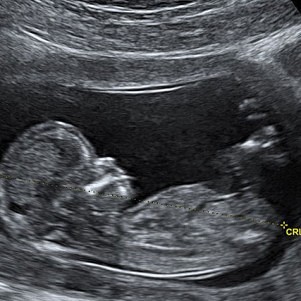Pregnant school-age women increasingly find help on campus
By Kara Bettis | February 1, 2016, 18:13 EST
 Asher Whittington, 11, doing his part to raise funds at the Creation Northeast conference in Pennsylvania last summer. (Photo courtesy of Students for Life of America)
Asher Whittington, 11, doing his part to raise funds at the Creation Northeast conference in Pennsylvania last summer. (Photo courtesy of Students for Life of America) BOSTON – Single motherhood isn’t often on the high school or college to-do list for women. But around 6 percent of those aged 15 to 19 become pregnant each year.
In 2010, pregnancy ended in abortion for 157,450 women, or 26 percent of those in that age group who got pregnant, according to a study by the Guttmacher Institute, a nonprofit research organization in New York. It reported that 60 percent had their babies, which would mean roughly 377,000 births, while the rest had a miscarriage. In 2013, there were 273,105 births to women ages 19 or younger, according to a study by the U.S. Centers for Disease Control and Prevention, or CDC.
The Guttmacher study found that the most common reasons for having an abortion was that the prospective mothers were concerned about how a baby would change their lives, the cost of giving birth or the ability to raise a child as someone lacking enough maturity to accomplish it.
An unplanned pregnancy leads about 10 percent of women in community colleges to drop out, according to the Stateline news service of the Pew Trusts in Washington, citing the American Association of Community Colleges. Just half of teen-aged mothers receive a high school diploma by the time they are 22, the CDC reports.
In some Boston-area colleges and universities, administrators take student family support seriously. The Massachusetts Institute of Technology runs five affordable day care services for student parents, for instance.
Students for Life, a national organization that coordinates campus groups to assist mother-to-be and has a presence on multiple New England campuses. The organization’s Pregnant on Campus initiative has been established on 11 campuses in Massachusetts, two in Rhode Island and three in New Hampshire, for example.
These student groups often provide phone numbers to help pregnant peers find assistance quickly, said Jane Riccardi, the organization’s New England coordinator. Others are actively attempting to change school policies regarding student parents.
In states with the highest rates of teen pregnancy, like Mississippi and Arkansas, lawmakers have passed measures that require schools to aid these women. The Mississippi law suggests that institutions provide pregnancy prevention information and set up services for single mothers.
“Finding care that is not only accessible on campus but also affordable while still trying to balance those finances is huge,” Beth O’Malley, a Massachusetts native and Students for Life’s Pregnant on Campus coordinator, told the Catholic News Agency in 2014. “So many universities have expanded their policies to not penalize, say, a pregnant student for missed classes or turning in papers late because of being pregnant and having to go through the physical, demanding process of that.”
Boston University’s student health services website includes a listing of resources on campus. The Students for Life group there worked with the Feminists for Life group to add on-campus pregnancy resources, the news agency reported.
The resources come as views of surprise pregnancies are evolving.
“People are thinking it’s more and more possible to be in school and to be a parent,” Riccardi said. “At a lot of these schools, the academic pressure is really high. A lot of times girls think, ‘We can’t do both.’”
“It’s really exciting to see shift in how is this really empowering women – look, you can be a mom, and you can finish your degree, and we’re going to help you do that,” Riccardi said. “More and more people see that it’s possible.”
Contact Kara Bettis at [email protected] or on Twitter @karabettis.
NBPCampus











